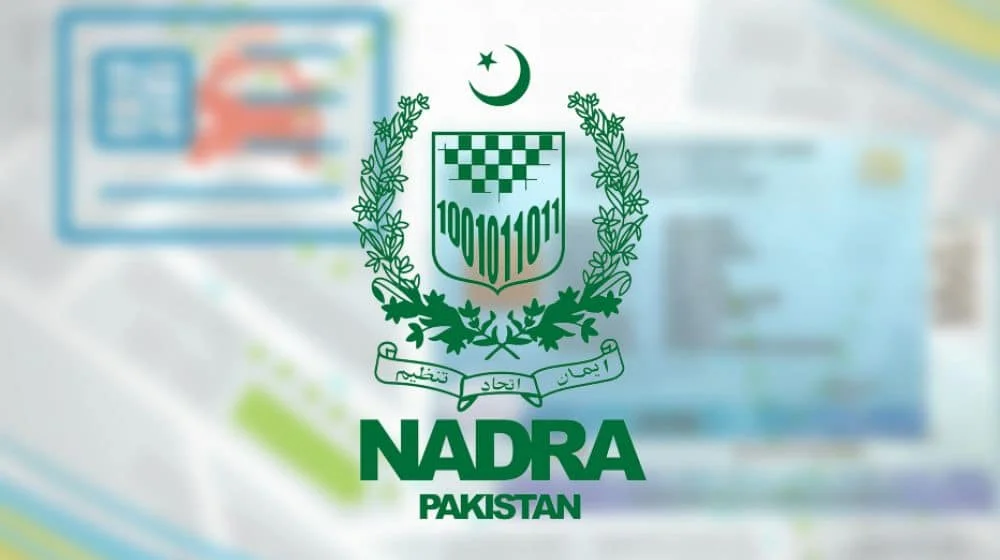
Pakistan’s National Database and Registration Authority (NADRA) has rolled out sweeping changes to the National Identity Card Rules of 2002, aiming to strengthen security, reduce identity fraud, and modernise the country’s citizen registration system.
The reforms, approved by the federal cabinet on the direction of Interior Minister Mohsin Naqvi, are now entering the implementation phase. A key objective is to prevent fake registrations and curb child trafficking by tightening documentation requirements and introducing age-specific biometric protocols.
Under the revised rules, a birth registration from the local Union Council is now a prerequisite for obtaining a child’s B-form. Biometric and photographic requirements vary by age: children under 3 are exempt, those aged 3 to 10 must submit a photo and undergo an iris scan, while those between 10 and 18 must provide full biometric data and an iris scan. Each B-form will carry a validity period and a new form will be required for passport issuance, although existing ones remain valid for domestic use.
The Family Registration Certificate (FRC) has also been granted legal recognition. Applicants must now provide a formal declaration verifying the accuracy of the information. The FRC will be issued solely on the basis of NADRA’s official records, and all families—including those previously undocumented—will be brought into the system.
The updated FRC will reflect all spouses and children in cases of multiple marriages. Women will have the flexibility to choose whether to list their father’s or husband’s name on their national identity cards.
In a further procedural shift, decisions regarding the cancellation, confiscation, or reinstatement of CNICs must now be finalised within 30 days.
To enhance accessibility, NADRA has integrated several smart card features into standard non-chip ID cards, offering them at reduced costs and with faster issuance. These upgraded cards will include bilingual information in Urdu and English, a QR code, and will be issued without any additional fee.
Citizens can update or verify their family data at NADRA offices or through a dedicated mobile application as part of the authority’s push to streamline and digitise its services.
ISLAMABAD - Defense Minister Khawaja Asif expressed deep concern on Sunday regarding recent attacks on…
In response to mounting parental concerns over the impact of digital platforms on children’s well-being,…
Pakistan's 14&Under Girls’ Tennis Team is set to embark on a crucial journey to Vietnam…
In his latest video released on Sunday night, President Donald Trump underscored the ongoing nature…
John Tesh recalls his brief yet significant interracial romance with Oprah Winfrey during the 1970s,…
The Rawalpindi Health Department has issued show-cause notices to 120 Dengue Sanitary Patrol workers in…
This website uses cookies.